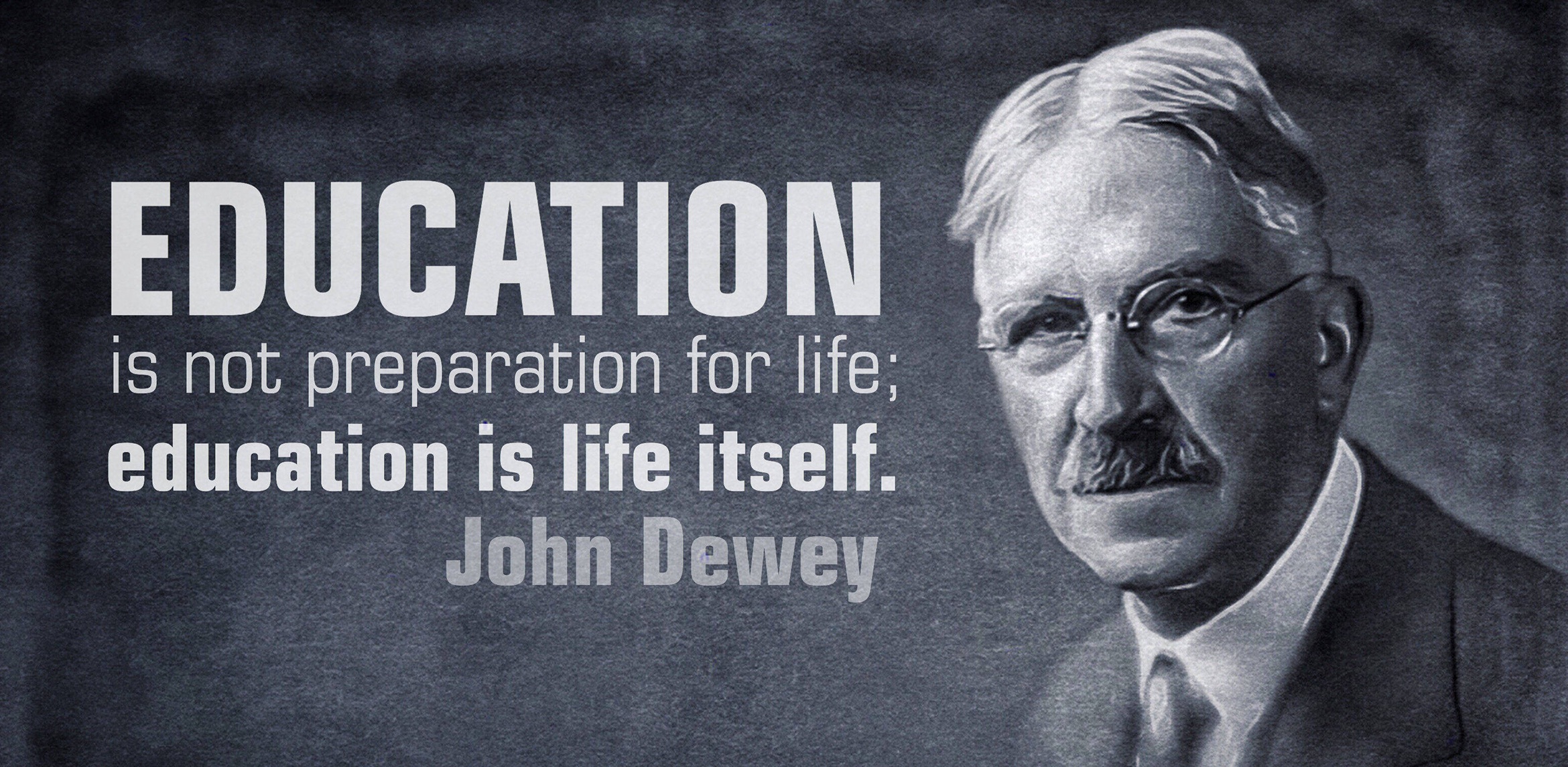On January 5th, around noon, an unquestionably rare meteorological phenomenon occurred, which scientists are having trouble explaining. There was a sudden drop in temperature. The wind picked up all at once and then died down just as quickly. All of this was followed by a tangible feeling of happiness. Well, we have discovered the reason and can confirm that this strange phenomenon was actually the huge, collective sigh of relief of the community of The École as we announced that the tests had come back negative and that we would return to school as planned on Wednesday, January 6th.
And as we were returning from the break, happy, rested and ready to start a new year—a moment we would normally signal with a ‘happy new year’ to each other, but this year, we just hope it’s better than the previous one since our hopes for last year were trampled on—another seemingly unbelievable event took place in the nation’s capital that same Wednesday, January 6th. The whole world watched in sadness as one of the biggest symbols—one of the cradles—of democracy was overrun by people who had absolutely no right to be there, even if they were only there for a short time.
As different as these two events are, they are, however, both connected to school. Last spring, we all realized how important it is to come to school, something that we all took rather at face value. But coming physically to school doesn’t mean much if we don’t learn what we need to learn. The events of January 6th were no accident. They are surely, among other things, the result of the long and profound decay of what we commonly understand as education. This includes the things we don’t learn about as much because they bring in less money, the things we avoid because they don’t bring any immediate benefits and the things we forget to repeat because ‘everybody knows it.’
For John Dewey, the goal of education in the United States was to make children understand that they are citizens of a country that, slowly and painfully, as Rorty said, “threw off a foreign yoke, freed its slaves, enfranchised its women, restrained its robber barons and licensed its trade unions, liberalized its religious practices, broadened its religious and moral tolerance, and built colleges in which 50% of its population could enroll— a country that numbered Jefferson, Thoreau, Susan B. Anthony, Eugene Debs, Woodrow Wilson, Walter Reuther, Franklin Delano Roosevelt, Rosa Parks and James Baldwin among its citizens.”
As we start 2021, now more than ever, I want to look towards this Deweyan democratic hope, a hope that is taking root in schools, a hope that we will continue to defend at The École. So, as we do at this time of year, I wish you all the things that will bring you joy.


